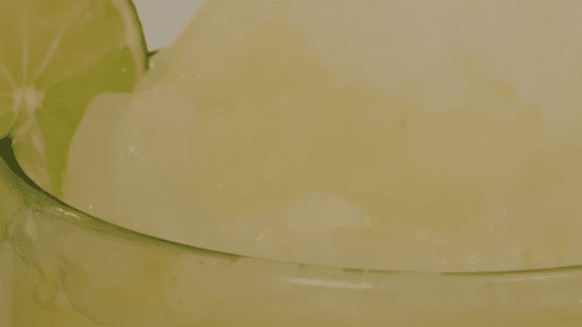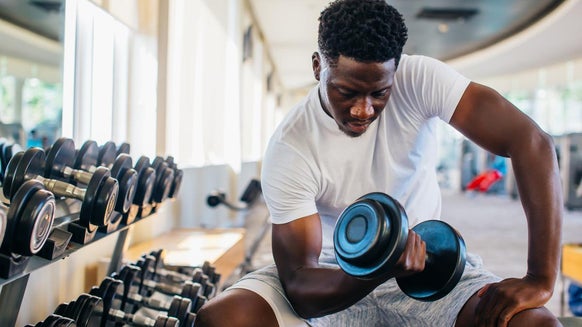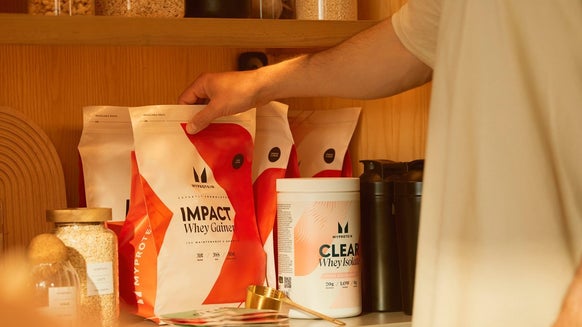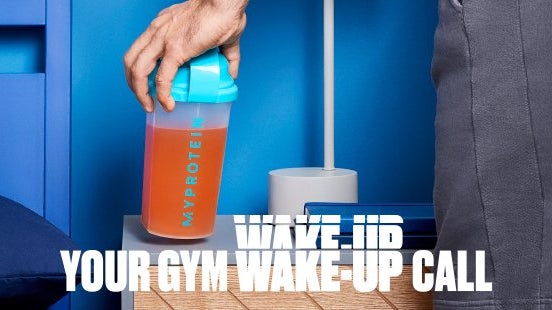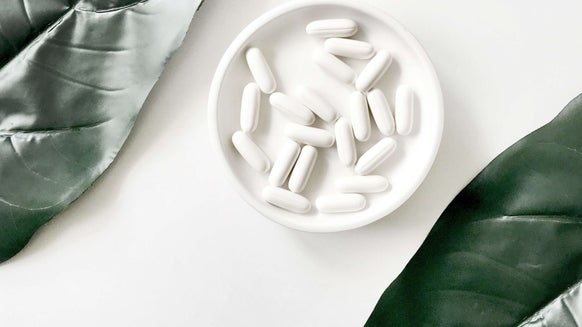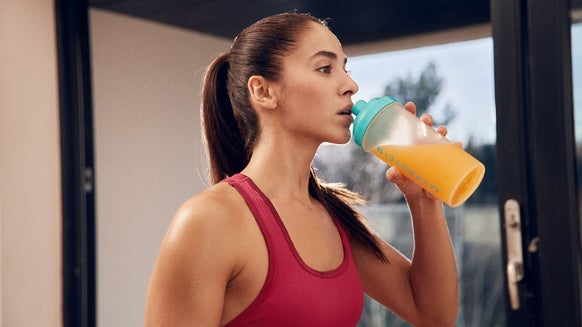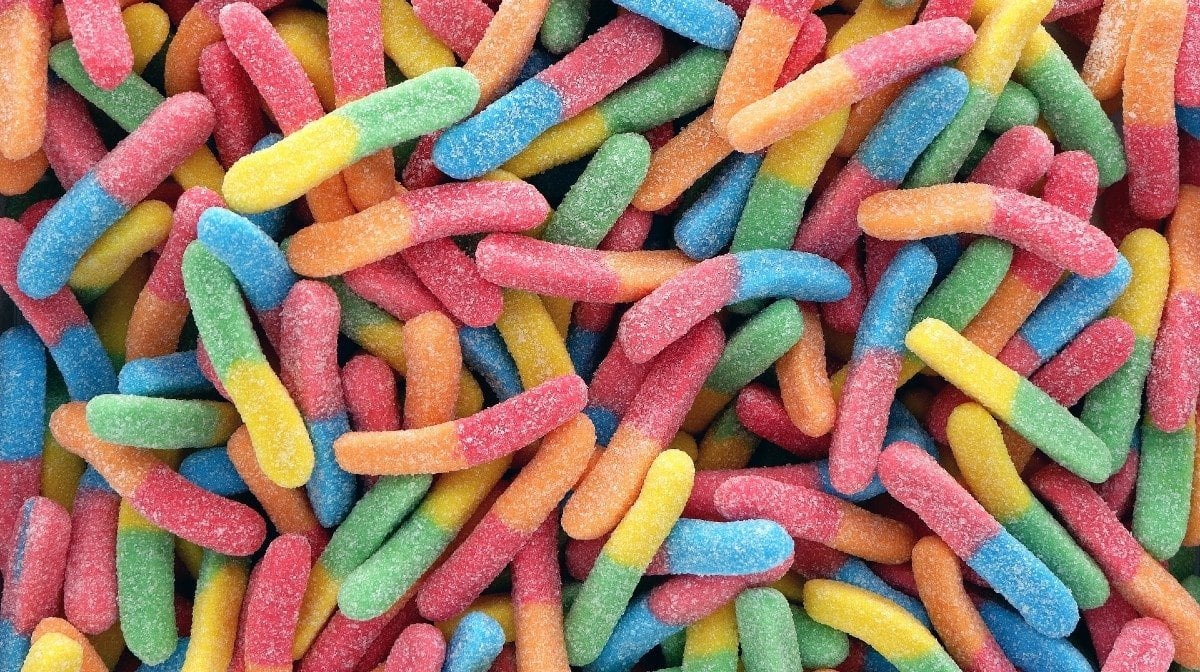
Craving sugar is natural, but if you feel like your intake is a little too high, there are ways to curb those cravings. Even though sugar does give us a quick spike in energy, it often makes it drop just as quickly. So, swapping out some of your sugar intake for more sustainable energy sources will help you in the long run. We’ve collated 5 top tips to help you reduce your intake of the sweet stuff.
Why you may want to reduce your sugar intake
Consuming excessive foods and drinks with a high sugar content may mean you exceed your maintenance calorie intake.1 This can lead to weight gain, which increases the risk of several heart-related diseases.
Free sugar is also bad for your teeth and a high consumption can result in cavities and tooth decay.
Learn more about why we get sugar cravings and some more tips on stopping them here.
5 tips for reducing your sugar intake
1. Educate Yourself
Before you freak out and ditch everything in your fridge, take a moment to understand the official sugar recommendations and the difference between naturally-occurring sugars (fruit, veg, dairy products) and added sugars (chocolate bars, cookies).
2. Rethink Your Drink
Try taking sugary drinks off your shopping list, and staying hydrated by always keeping a bottle of water with you. Remember, 1 can of soda can have up to 11g sugar,
If you're looking for a new summer drink that's high in protein, try our Clear Protein Slushies...
3. Trick Your Taste Buds
Next time you’re having a hard time ignoring your sweet tooth, grab yourself a brew.
Mint, ginger and Chai teas will help you fight off those longings by targeting your sweet-spot without the sugar overload. There are so many varieties to choose from, so you’ll never be bored of the same taste.
4. Shop On A Full Stomach
We’ve all been to the supermarket absolutely starving, and ended up grabbing a tonne of food that was never on our shopping list. And there’s good reason for that – you are more likely to crave sugar when you are hungry, so try shopping after you have eaten a nutritionally full meal, high in protein and fibre. This will keep you full and ready to tackle the supermarket!
5. Stock Up On Natures Candy
Free of added sugars, satisfies sweet cravings and keeps you fuller for longer, what more could you ask for? Fresh fruit is the way forward. Whole fruits are always a better option for reducing your sugar intake as they contain more fibre and less sugar than the pre-made smoothies available in the supermarket.
Top Tip: Avoid dried fruit if you’re looking to reduce sugar intake as manufacturers often add sugar, concentrates, and syrup to improve the flavour.
Take Home Message
It's natural to have sugar cravings, but if you're exceeding what is recommended, it might be a good idea to start reducing your intake. There are loads of ways you can do this, starting with shopping smarter, educating yourself on what's actually in the foods and drinks that you have regularly, and stocking up on healthier sugars like fruits, and herbal teas.
READ THESE NEXT:

Liam is a certified sport nutritionist with the International Society of Sport Nutrition and is enrolled on the British Dietetics Association’s Sport and Exercise Nutrition register. He has a Bachelor’s of Science in Sport and Exercise Science and is graduate of the ISSN Diploma in Applied Sport and Exercise Nutrition.
Liam is an experienced personal trainer, helping clients reach their health and fitness goals with practical, evidence informed exercise and nutrition advice.
In his spare time Liam has competed in numerous powerlifting competitions and enjoys hill walking, football and expanding his recipe repertoire in the kitchen. Find out more about Liam's experience here.
- Te Morenga, L., Mallard, S. and Mann, J., 2012. Dietary sugars and body weight: systematic review and meta-analyses of randomised controlled trials and cohort studies. BMJ, 346(jan15 3), pp.e7492-e7492.
- Hruby A, Hu FB. The Epidemiology of Obesity: A Big Picture. Pharmacoeconomics. 2015;33(7):673-689. doi:10.1007/s40273-014-0243-x
- Moynihan P. Sugars and Dental Caries: Evidence for Setting a Recommended Threshold for Intake. Adv Nutr. 2016;7(1):149-156. Published 2016 Jan 15. doi:10.3945/an.115.009365
- NHS, July 2020, https://www.nhs.uk/live-well/eat-well/how-does-sugar-in-our-diet-affect-our-health/#:~:text=Adults%20should%20have%20no%20more,day%20(5%20sugar%20cubes).

